
Best US Stocks to Invest
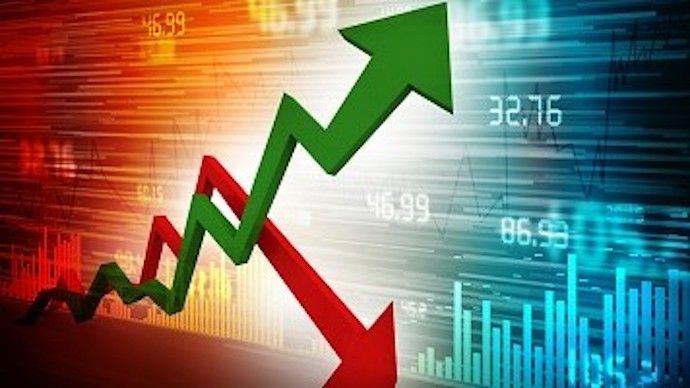
This coronavirus has upended virtually every aspect of life, in turn triggering a bizarre domino effect across corporate. Many businesses were shut down for good. The stock market experienced a record-setting crash (and rebound). In a few cases, however, some so-called coronavirus stocks weren’t just capable of withstanding the storm – they were arguably better off for it.
Changes in consumer habits – an accelerated embrace of e-commerce, video games and working from home – have had major ripple effects. These trends have sped up declines in a number of businesses, even causing a cascade of bankruptcy filings. But they’ve also acted as “kingmakers,” elevating a few niche tech plays into large-cap status, and strengthening the already dominant positions of a few mega-cap companies.
That advantage still matters, as COVID-19 hasn’t gone away. A “second wave” is emerging across much of the world, including here at home. World daily coronavirus caseloads are regularly breaking records.
Here, we look at a 10 best coronavirus stocks to buy. Each of these companies has at least doubled the market so far in 2020, and they could benefit still more from a “second wave.” But more importantly, they’re all positioned for additional growth longer-term thanks to many of the trends COVID-19 either put into place or got up to speed. Just note that some of these stocks could experience short-term volatility amid any serious bouts of market profit-taking just given their already handsome gains.
Amazon.com

- Market value: $1.67 trillion
Amazon.com (AMZN, $3,322.00), for all of its dominance, produced virtually flat performance between mid-2018 and the end of 2019. However, 2020 has been the perfect storm for the e-commerce giant.
When the coronavirus lockdown caused stores to shut their doors in March, online shopping suddenly got a whole lot more popular than it already was. Amazon was inundated with orders and quickly put out a call to hire 100,000 new workers, subsequently hiring an additional 75,000 more.
But that wasn’t the only COVID boon. Businesses also flocked to digitize their businesses, and many of them sought out Amazon Web Services (AWS) – the world’s leading cloud services provider.
The vast majority of Wall Street remains wildly bullish on AMZN stock despite the fact it has already gained 80% year-to-date. Of the 48 analysts who cover it, 47 give it either a Strong Buy or Buy – the lone dissenter still says it’s a Hold rather than a Sell. And an average price target of $3,800 per share implies this coronavirus stock has at least 15% upside from current prices.
PayPal
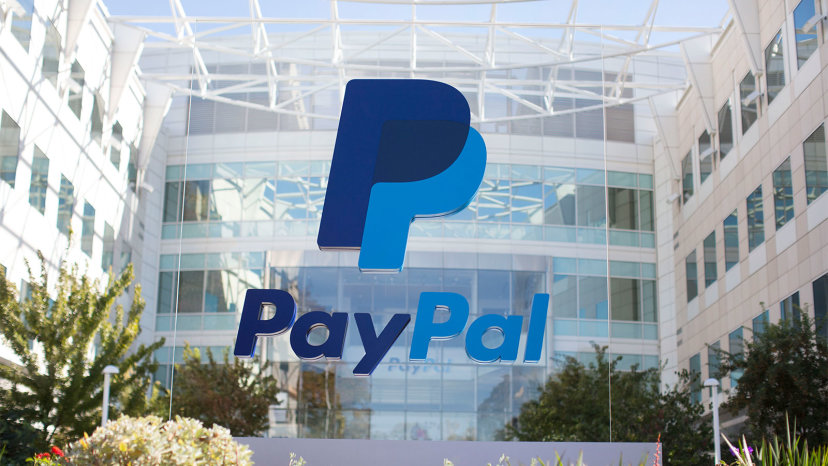
- Market value: $239.7 billion
In a widely circulated U.K. article published, the World Health Organization appeared to voice concerns that the coronavirus could be transmitted through the handling of money and recommended consumers and businesses stick to contactless payment wherever possible.
Although the WHO later clarified its comments, damage was already done. Cash quickly became persona non grata at many stores and restaurants. Besides, a shift to online shopping and food delivery services meant cash couldn’t be used for most transactions anyway.
This was all good news for PayPal (PYPL, $204.56), which operates one of the world’s most popular online payment systems, as well as its Venmo mobile payment app. U.S. customers were even able to have their stimulus checks directly deposited to their Venmo account.
For what it’s worth, America (and the rest of the world) has been reducing its cash use for decades. The pandemic merely accelerated this trend. It also lit a fire under PayPal stock, which is up nearly 90% year-to-date, and should benefit as many expect online shopping to continue apace, and cash use to decline further.
“PayPal continues to be the dominant ‘play’ on this year’s inflection point in eCommerce usage/expansion benefiting its 2-sided, consumer/merchant platforms,” write Wedbush analysts, who rate the stock at Outperform and give it a $290 price target.
Alphabet
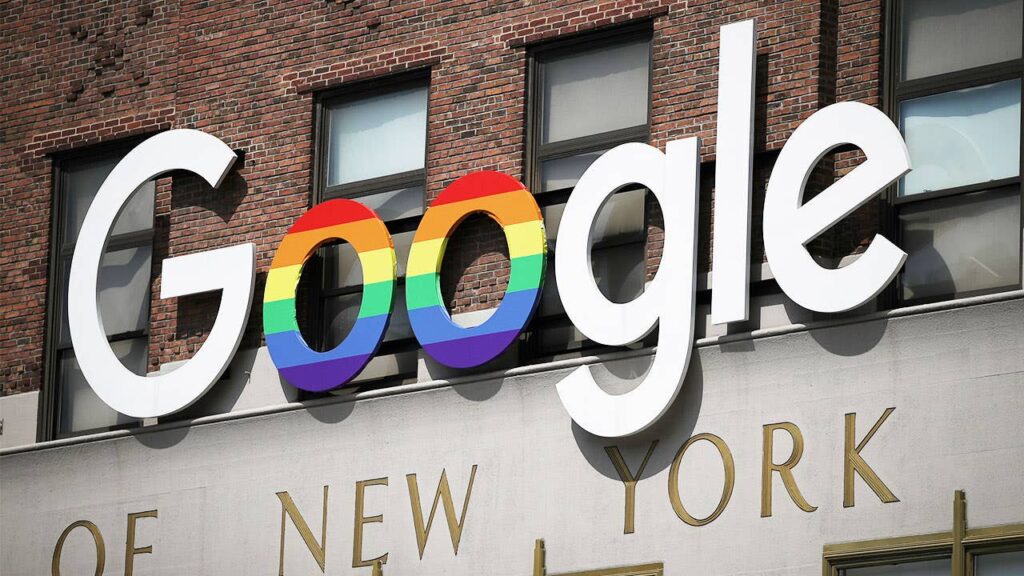
- Market value: $1.19 trillion
Alphabet Inc. is an American multinational conglomerate headquartered in Mountain View, California. It was created through a restructuring of Google on October 2, 2015, and became the parent company of Google and several former Google subsidiaries.
Google parent Alphabet (GOOGL, $2279) took a strong hit during the pandemic-fueled bear market, and for good reason. With businesses shuttering and a recession looming, companies were expected to clamp down on their advertising spending.
That said, investors never sold off GOOGL shares as violently as they did the broader market, and it has recovered and plenty more with 32% gains into late 2020. That’s in part because of the narrative that digital advertising wasn’t going away long-term, and indeed, that the pandemic might bring even more advertising spend online in the longer term.
Akamai Technologies
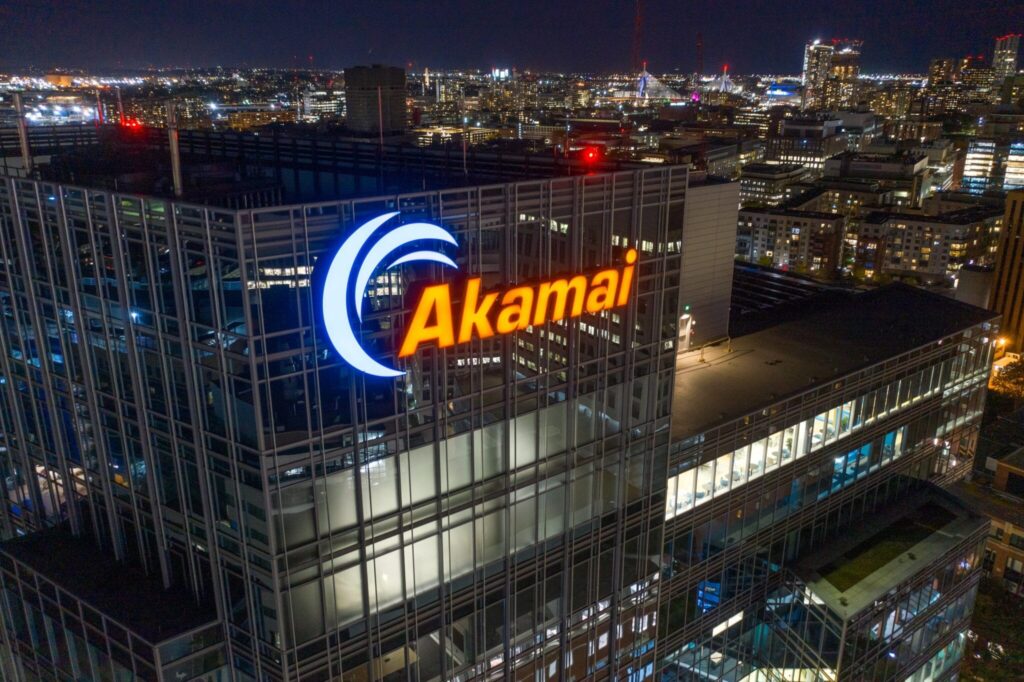
- Market value: $16.7 billion
Akamai Technologies (AKAM, $105) is one of those tech companies that most people only know if they have a reason to. In this case, those people would be IT professionals.
But the performance of AKAM shares – up 19% year-to-date – has put it on a first-name basis with many investors in the know.
Akamai operates the world’s largest content delivery network (CDN). A CDN uses clusters of web servers that either host websites, or cache content, offering improved security and faster performance. For customers, this means less risk, lower bandwidth usage, faster web page load times, and redundancy.
For consumers, the CDN is invisible.
Akamai’s CDN network comprises of 300,000 servers distributed across 136 countries. Its customers include 53% of the Fortune 500, more than 800 retailers, over 320 financial services firms, at least 225 game publishers, over 225 broadcast and pay TV networks, and 50-plus social media providers.
The appeal here should be obvious: The pandemic has made the Internet more critical than ever. Services – be they online shopping, video streaming or just communicating online – depend on a fast, secure and always-available internet connection.
“We view shares as undervalued at 17.5 times our estimated 2021 EPS of $5.48, which is below the midpoint of its historical 16-25 times range,” William Blair’s Jim Breen (Outperform) wrote in late October. “We believe Akamai is strategically well positioned in an industry with supportive underlying fundamentals.”
Advanced Micro Devices

- Market value: $99.8 billion
Advanced Micro Devices had already been making gains on rivals with its latest generation of PC processors and graphics cards. The pandemic served to boost demand for many devices that use AMD components: laptops, gaming PCs and servers.
The combination of higher overall demand and continued inroads against competitors like Intel (INTC) – which cratered this summer after announcing its 10nm processors would be delayed by at least six months – has resulted in strong operating results.
Besides recently announced and graphics cards that were, AMD also supplied the custom silicon that powers the new Xbox Series X and PlayStation 5 game consoles. With the expected boost from new products and those game consoles, the company’s revenue guidance for Q4 20 is $2.1 billion (plus or minus $50 million), which would represent a whopping 40% YoY increase.
“We positively view the announced acquisition of Xilinx this morning, as it brings together complementary product offerings and increases its addressable market,” writes CFRA analyst Angelo Zino (Buy), who has a $100 price target on shares. “We see significant share gain on the horizon within its server business, with considerable interest for its next-generation Milan server processors set to begin volume shipments in early ’21.”
Nvidia

- Market value: $349.8 billion
Graphics card specialist Nvidia (NVDA, $608) has enjoyed many of the same coronavirus pandemic “benefits” as rival AMD.
The demand for laptops for those working and learning from home has helped to boost PC sales. After years of decline PCs returned to growth during the second quarter (either by 2.8% or 11.2% year-over-year, depending on whose figures you believe) Graphic card sales got a boost, too, as PC gamers looked to maximize the performance of their rigs. Sales of Nintendo’s Switch portable game console – powered by a custom Nvidia processor – doubled in March.
However, Nvidia’s datacenter presence is booming, too. Its chips power servers that need parallel processing for intensive processes including artificial intelligence, machine learning, autonomous automotive applications and data science.
During the second quarter, that datacenter division hit a major milestone. Overall revenues of $3.87 billion were 50% better year-over-year, and for the first time, datacenter sales were the largest contributor, up 167% to $1.75 billion. (Gaming did just fine, up 26%.)
Yes, NVDA shares have jumped 141% in just about 10 months. But 29 analysts call it a Strong Buy or Buy, versus five Holds, two Sells and one Strong Sell.
“We recommend establishing or adding to positions in this preeminent vehicle for participation in the AI economy,” writes Argus Research’s Jim Kelleher (Buy). “We believe that most technology investors should own NVDA in the age of deep learning, AI, and GPU-driven applications acceleration.”
Shopify

- Market value: $126.4 billion
COVID stock losses suffered by Canadian e-commerce company Shopify (SHOP, $1,142) were brief and shallow. In fact, in early May – when SHOP was trading in the $700 range (it’s now well over $1,100) – Shopify became Canada’s most valuable publicly traded company. And the company now sits on 160% year-to-date gains.
Shopify was already doing very well in its quest to get small retailers online. It offered a do-it-yourself e-commerce platform, with a customized storefront that let businesses sell products under their own name instead of being Marketplace sellers on Amazon. Shopify also has been in the process of building out its own network of fulfillment centers to take on Amazon with shipping to customers. It even has point-of-sale solutions for small retailers.
In 2018, Shopify merchants sold $1.5 billion in goods over the Black Friday/Cyber Monday sales stretch. In 2019, that nearly doubled to $2.9 billion. When the pandemic hit and stores were forced to shut their doors, there was a rush for small businesses and stores to get online. Many of them chose Shopify.
SHOP stock may not have another year quite like 2020, but it’s still among the market’s most attractive coronavirus stocks. Its e-commerce platform is expected to gain in popularity as retailers continue to add online shopping capability to their mix.
“(Shopify) has the ability to capture share in e-commerce in the near term and is poised to benefit from the acceleration in e-commerce trends over time,” writes Wedbush analyst Ygal Arounian (Outperform). Argus Research’s Jim Kelleher is also in the Buy camp, writing, “Although SHOP has run up sharply year-to-date, the company has a strong runway for growth in the small to midsized merchant market, which is only lightly penetrated.”
Nintendo

- Market value: $69.3 billion
Nintendo (NTDOY, $72), in many corners, was one of the biggest headlines of the pandemic. For months, it was virtually impossible to buy the company’s portable video game console, the Switch. It was the must-have gaming device. And Animal Crossing, a relaxing Switch-exclusive game that let players explore and decorate an island while visiting other players’ islands.
In the first six months of fiscal 2020, Animal Crossing sold 14.27 million units to bring its lifetime total to 26.04 million copies, making it the system’s second selling-game. Across all software, Nintendo reported a 71.4% increase to 100.25 million units. Hardware sales reached 12.53 million units, up 80.9% year-over-year.
While Nintendo might get somewhat overlooked given the release of the PlayStation 5 and Xbox Series X, the Switch should still make it onto many Christmas wishlists. There are also rumors that Nintendo is developing a Switch Pro – along with a slate of 4K game titles – that could keep the party going.
“We revise up our forecasts based on Apr-Jun results and current conditions,” writes Nomura Securities analyst Junko Yamamura (Buy). “This is mainly because progress with the lengthening of the hardware and software lift cycles has exceeded our expectation.”
DocuSign
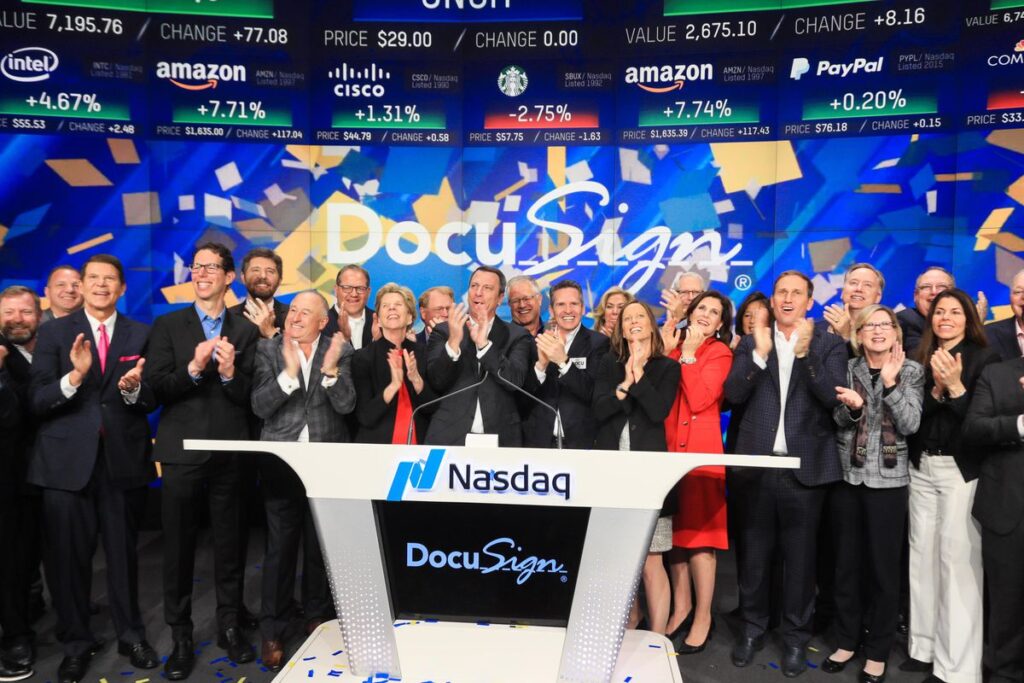
- Market value: $43.8 billion
DocuSign (DOCU, $220) was one of the most straightforward beneficiaries of the coronavirus pandemic, and for obvious reason. DocuSign facilitates digital signatures at a time when everyone is being forced to work remotely.
Indeed, the stock has more than tripled so far this year as everyone got onboard that train. But some of those gains were a much-deserved catch-up. Shares had mostly treaded water for a couple years prior, despite the fact that the appeal of DocuSign’s offerings had been growing for years.
The pandemic certainly juiced DocuSign’s ramp-up, however. In its latest quarter (ended July), for instance, revenues spiked by 45% year-over-year. That followed a 39% jump in its previous quarter.
But what keeps DocuSign on any list of coronavirus stocks to buy, despite its massive gains, is just how likely this technology is to remain the norm for businesses.
“Strong fundamentals coupled with more durable COVID-19 tailwinds make the DocuSign story more compelling than ever,” write Morgan Stanley analysts, who project “very healthy renewal rates” for DocuSign’s services, with companies seen as unlikely to return to manual processes, even after the pandemic has passed.
Microsoft
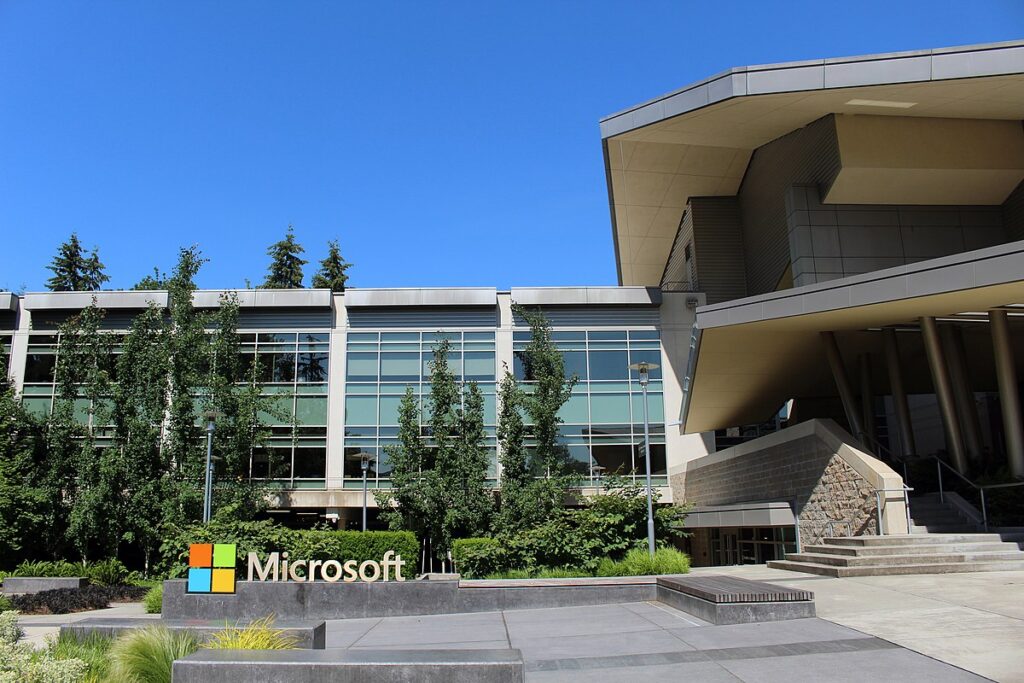
- Market value: $1.69 trillion
Finally, one of the oldest, largest, and most established tech companies has also made lemons out of lemonade, and it’s positioned to continue pressing its advantage.
Microsoft’s (MSFT, $259) positioning among coronavirus stocks actually goes back to 2014. The stock had been in the doldrums for years, but Satya Nadella’s ascent to CEO changed that – in large part because of his push to cloud services.
And the pandemic has played right into that strength – and others.
“Microsoft is one of the few companies showing continued momentum in the face of COVID-19 disruptions,” writes Argus Research’s Joseph Bonner (Buy). “CEO Satya Nadella has pivoted Microsoft toward high-value commercial and cloud application businesses, just the right product set as enterprises rapidly move to the cloud and remote connectivity.”
Higher demand for laptops. Increased popularity in gaming. Spiking demand for employee collaboration and video conferencing solutions. Growing need for cloud computing bandwidth. Microsoft has solutions for all of those needs.
Its Azure cloud platform has been the belle of the ball, growing 48% year-over-year in the latest quarter. But Surface hardware revenue jumped 28%, too. Product and services revenues improved by 6%. And Xbox content and services revenue bounded by 65%. The continuation of its strong performance in 2020 has led shares to a 41%-plus year-to-date gain.
Wall Street expects more. Analysts’ consensus price target of $241.72 implies a modest 8% gains over the next year. But they clearly see Microsoft in an overwhelmingly positive light – 33 of 35 pros covering the stock consider it a Buy.
Financial and Business expert having 30+ Years of vast experience in running successful businesses and managing finance.





